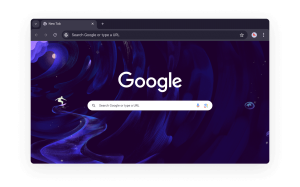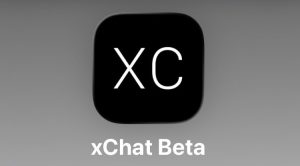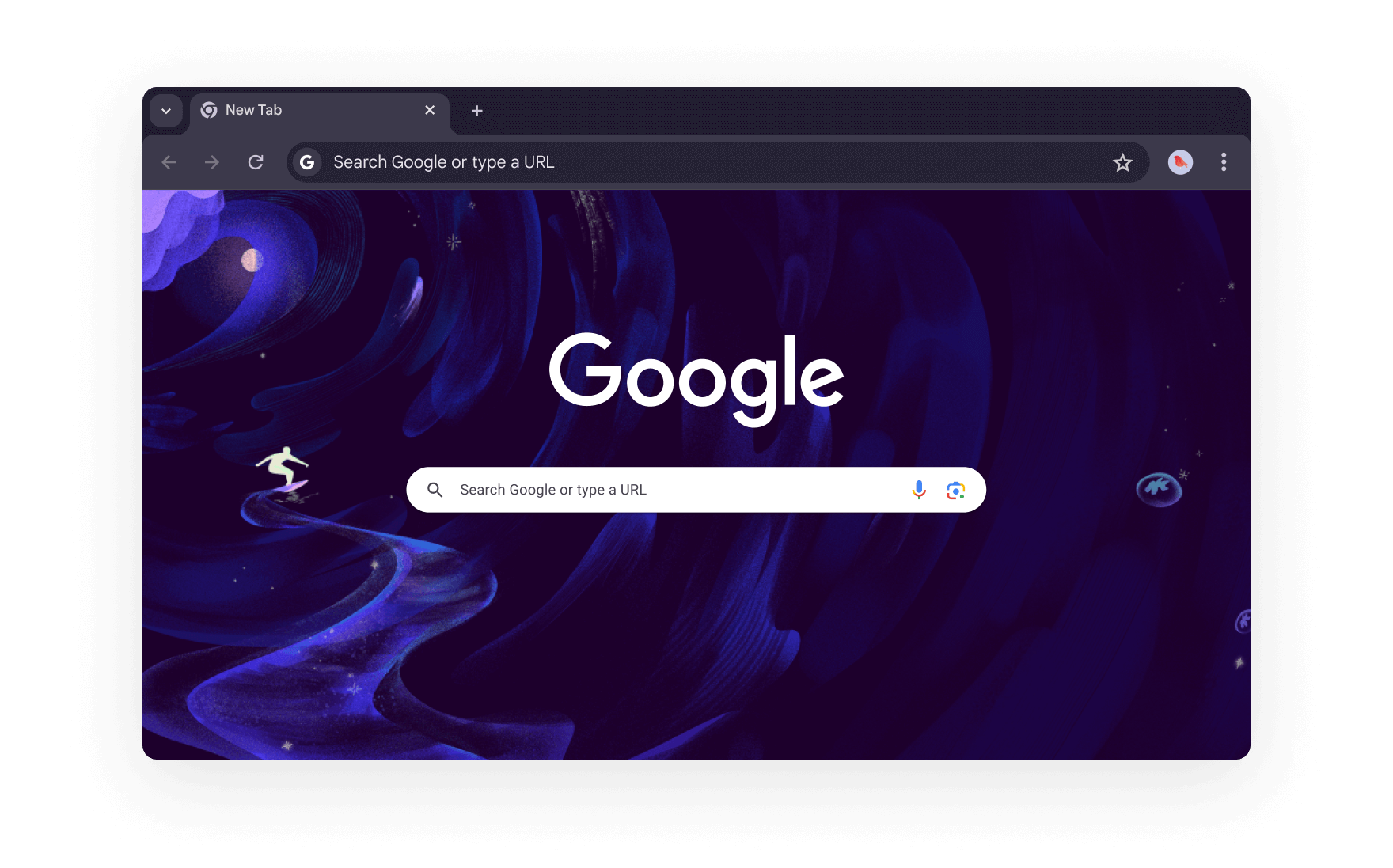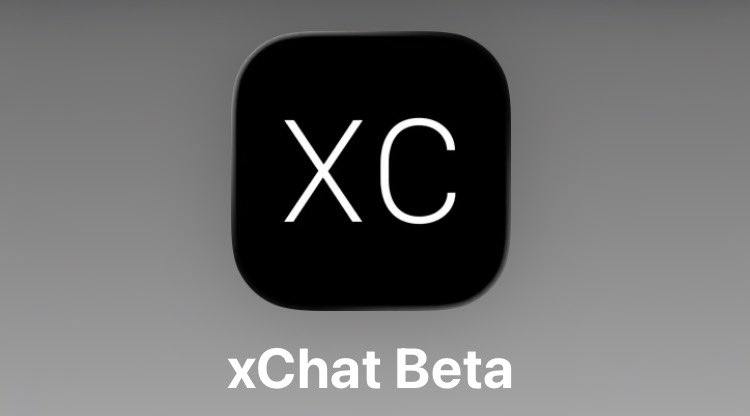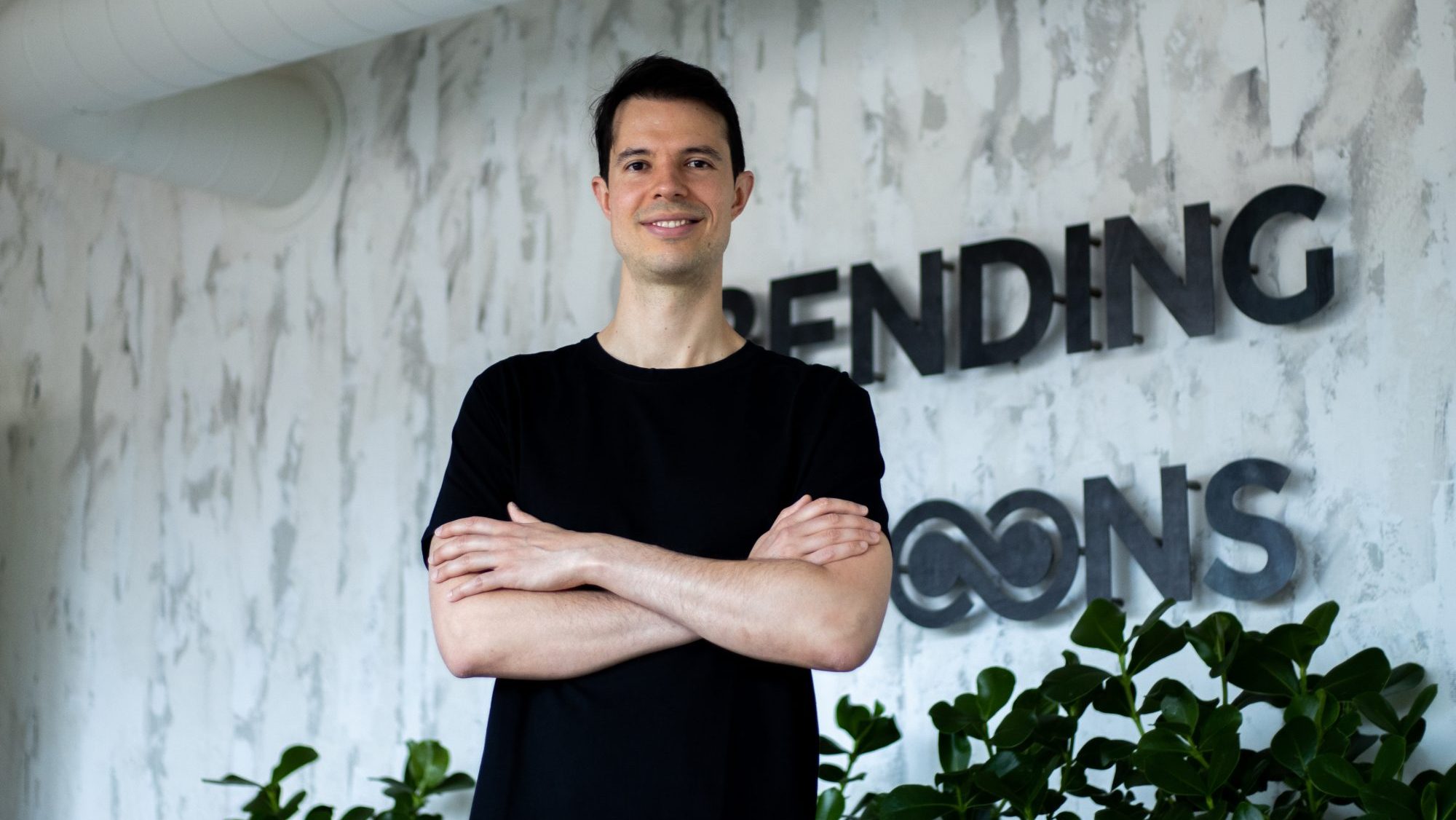
The digital world is witnessing the quiet rise of Bending Spoons, a Milan-based technology conglomerate that has propelled its four co-founders into the exclusive ranks of billionaires. CEO Luca Ferrari’s stake in the company is now reportedly valued at $1.4 billion, while co-founders Matteo Danieli, Luca Querella, and Francesco Patarnello each hold stakes estimated at $1.3 billion, according to Forbes, drawing on shareholder data from the Italian Business Register. This significant wealth accumulation follows the company’s latest funding round, which secured $270 million from a consortium of investors including T. Rowe Price, Baillie Gifford, Cox Enterprises, Durable Capital Partners, and Fidelity, alongside a $440 million secondary share sale. The specific involvement of the co-founders in this secondary transaction remains undisclosed, as Bending Spoons has refrained from commenting on their individual stakes.
Despite its rapid expansion and the increasing value of its portfolio, Bending Spoons has largely operated outside the mainstream tech spotlight. The company, now twelve years old, typically garners attention primarily when it announces the acquisition of another well-known digital brand. Its most recent high-profile move was the agreement to acquire AOL, a historical internet titan, for an undisclosed sum, further cementing its strategy of revitalizing established but often underperforming digital assets.
The Genesis of a Stealthy Acquirer
Bending Spoons’ journey began not with a grand vision of empire-building, but from the ashes of a failed startup. The company’s origins trace back to Evertale, a Copenhagen-based venture that garnered early attention at Disrupt SF 2011’s Startup Alley and secured seed funding for its photo-sharing application, Wink. Despite initial promise, Evertale ultimately faltered. However, its core founders and a handful of employees chose to persevere, initially focusing on developing in-house applications. This period of internal experimentation soon gave way to a pivotal strategic shift: the pursuit of acquisitions. As recounted by CEO Luca Ferrari in a rare interview on the 20VC podcast, their first acquisition paved the way for many others, establishing a new operational blueprint.
This early history underscores a pragmatic adaptability, moving from creation to strategic curation. While Bending Spoons did make a notable exception in 2020 by developing and donating Immuni, Italy’s official COVID-19 contact tracing app, its primary focus quickly solidified. The company refined a distinctive formula: identifying popular digital products perceived as ripe for improvement, then acquiring them from owners who had either reached their operational limits or sought an exit.
A Unique Approach to Digital Asset Management
Bending Spoons distinguishes itself from traditional private equity firms or pure financial investment vehicles. Its core philosophy centers on active transformation rather than passive investment. Upon acquisition, Bending Spoons is anything but a hands-off owner. The company systematically intervenes across multiple facets of the acquired product, including user experience (UX), feature sets, underlying technology, monetization strategies (including pricing adjustments), and organizational structure, often leading to significant headcount changes.
This focus on efficiency and revenue optimization shares some characteristics with private equity strategies. However, Bending Spoons asserts a fundamental difference: it "aims to hold forever" and has never sold an acquired business. This long-term commitment, if maintained, suggests a strategy of building a synergistic, live portfolio rather than simply collecting and flipping assets. It positions Bending Spoons as a digital steward, seeking to breathe new life into platforms that, while still possessing substantial user bases and revenue streams, may have become stagnant or neglected under previous ownership. The promise is not merely to extract value, but to cultivate enduring digital properties, a claim that invites both scrutiny and anticipation from the tech community and user base alike.
The Portfolio: A Mix of Legacy and Niche
Bending Spoons began its acquisition spree modestly between 2014 and 2021, picking up companies like the AI photo enhancer Remini. However, its most impactful and high-profile deals have occurred more recently, accelerating its growth and market presence.
The year 2022 marked a significant uptick in its acquisition activity. It acquired Filmic, known for its popular video and photo editing applications, only to proceed with laying off the entire staff in December 2023. Another major transaction announced in 2022 and finalized in early 2023 was the acquisition of Evernote, the once-heralded note-taking app that had briefly reached a $1 billion valuation before encountering operational difficulties. This acquisition was similarly followed by layoffs affecting 129 Evernote staffers and controversial restrictions on its free service, limiting users to a mere 50 notes.
The first half of 2024 proved particularly dynamic. Bending Spoons finalized the acquisition of Meetup, the community-building platform, alongside the digital assets of app maker Mosaic Group, and Hopin’s video streaming platform, StreamYard. The momentum continued into July 2024 with the acquisition of digital publishing platform Issuu and the popular file transfer service WeTransfer. True to its pattern, the WeTransfer acquisition led to substantial staff reductions, reportedly affecting 75% of its workforce, and the introduction of stricter monthly limits on its free transfer service. Later in 2024, Bending Spoons announced a $233 million all-cash deal to take video platform Brightcove private, signaling its intent to move into more established enterprise solutions.
The acquisition pace showed no signs of slowing in 2025, with the additions of outdoors route planner Komoot and management software maker Harvest to its growing portfolio. The year culminated in even more ambitious announcements: the intention to acquire Vimeo in a $1.38 billion all-cash deal, and, most recently, the agreement to acquire AOL from Yahoo. Both the AOL and Vimeo acquisitions are pending standard closing conditions, regulatory approvals, and, for Vimeo, stockholder approval, with an expected close by the end of the year. These recent targets, particularly AOL and Vimeo, represent a significant leap in brand recognition and scale compared to Bending Spoons’ earlier acquisitions.
The Impact: Efficiency, Evolution, and Controversy
Bending Spoons’ operating model, while lauded by investors for its efficiency and growth potential, has not been without controversy. The company’s tendency to implement significant layoffs and make fundamental changes to beloved products, as seen with Evernote and WeTransfer, has sparked debate among users and industry observers. Critics argue that these actions, while potentially boosting profitability, can erode user trust and brand loyalty, especially for platforms with long-standing communities.
For instance, the drastic changes to Evernote’s free plan ignited a strong reaction from its loyal user base, many of whom had relied on the service for years. Similarly, the staff cuts at Filmic and WeTransfer underscore a ruthless pursuit of lean operations, raising questions about the human cost of digital transformation. This approach highlights a common tension in the tech industry: the balance between maximizing shareholder value and maintaining a positive relationship with employees and users. Bending Spoons’ strategy suggests a prioritization of the former, banking on its ability to optimize the underlying technology and monetization to compensate for any potential user attrition or negative sentiment.
From a broader market perspective, Bending Spoons’ "hold forever" strategy offers an interesting counterpoint to the traditional private equity model of buying, optimizing, and then selling within a fixed timeframe. If genuinely committed to long-term ownership, this could theoretically lead to more sustainable product development and a deeper integration of acquired assets into a cohesive ecosystem. However, the initial phase often involves aggressive cost-cutting and revenue-focused changes, which can be disruptive. The cultural impact on acquired teams, often accustomed to different operating philosophies, presents a significant integration challenge that can either make or break the long-term success of these mergers.
Financial Fortunes and Future Trajectory
As of late October 2025, Bending Spoons has achieved the coveted "decacorn" status, valued at over $10 billion, a rare feat for a European tech company. This valuation represents a substantial increase from its $2.8 billion valuation in 2024, underscoring investor confidence in its aggressive acquisition and optimization strategy. The company, initially bootstrapped, has attracted significant equity financing over time, including rounds in September 2022 and early 2024. Its cap table boasts an eclectic mix of high-profile investors, from sports and entertainment icons like Andre Agassi, Bradley Cooper, The Weeknd, The Chainsmokers, and Maluma, to tech industry luminaries such as Eric Schmidt, Mike Krieger, and Xavier Niel.
This diverse investor base reflects both the financial appeal of Bending Spoons’ model and the growing interest in European tech ventures. The recent funding influx is earmarked to support future acquisitions, further investment in its proprietary technology, and expansion of its AI capabilities. Crucially, the company has also disclosed securing $2.8 billion in debt financing, specifically intended to fund the AOL acquisition and fuel its ambitious future acquisition pipeline. This significant debt leverage indicates a strong appetite for larger, more impactful deals, pushing Bending Spoons into a new tier of market players.
Navigating the Digital Landscape
Bending Spoons has explicitly stated its intention to continue pursuing new acquisitions that broaden its portfolio of consumer and enterprise digital products. With substantial new funding and debt facilities at its disposal, the company is poised to target even more prominent brands. The acquisitions of AOL and Vimeo, both carrying immense historical significance and extensive user bases, exemplify this shift towards larger, more recognizable targets. AOL, despite its historical decline from peak internet prominence, still commands significant reach, claiming to be one of the top 10 most-used email providers globally, with 8 million daily active users and 30 million monthly active users. Rumors have also circulated about Bending Spoons eyeing other notable tech companies, including app maker Elysium and the Barcelona-based SaaS firm Typeform, known for its form creation tools.
To support this relentless expansion, Bending Spoons is actively recruiting across various roles. While new hires are initially based at its Milan headquarters, they are offered the flexibility to transition to offices in London, Madrid, Warsaw, or work remotely. The company, despite candidly describing its environment as "demanding," reported receiving over 600,000 job applications in 2025, a figure likely to climb further as its high-profile deals continue to generate global attention.
Bending Spoons represents a modern archetype in the rapidly evolving tech landscape: a lean, data-driven entity focused on acquiring, optimizing, and potentially revitalizing digital assets. Its strategy presents a compelling case study in value extraction and digital stewardship, navigating the complex interplay between technological innovation, market demands, and the inherent challenges of managing user expectations and corporate culture. As it continues to amass a diverse portfolio of digital properties, Bending Spoons is not merely bending spoons; it is actively reshaping the very contours of the digital economy.

